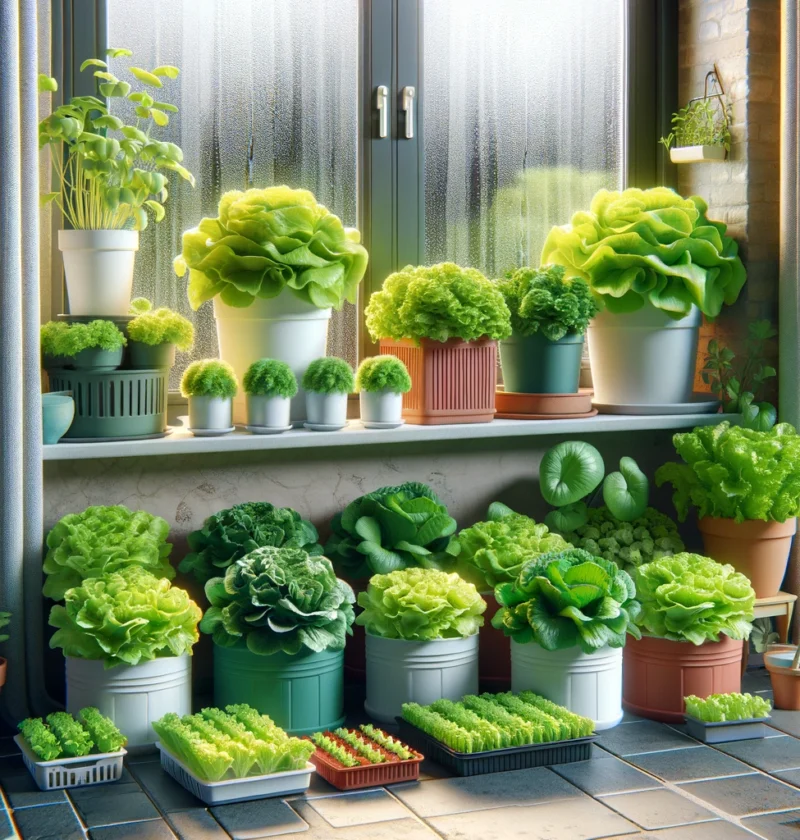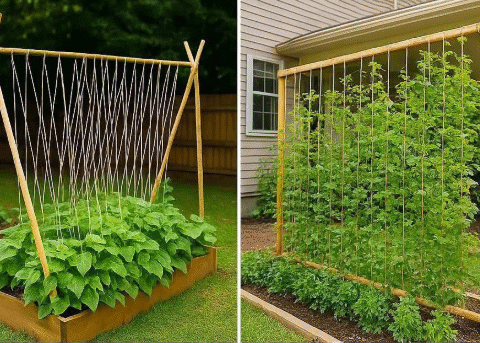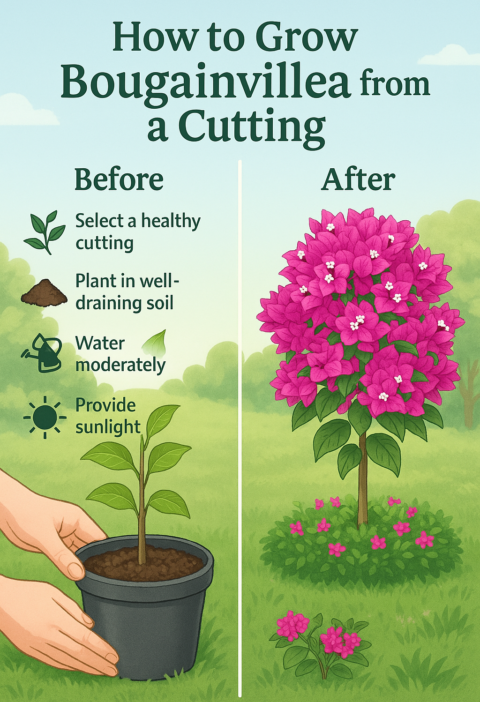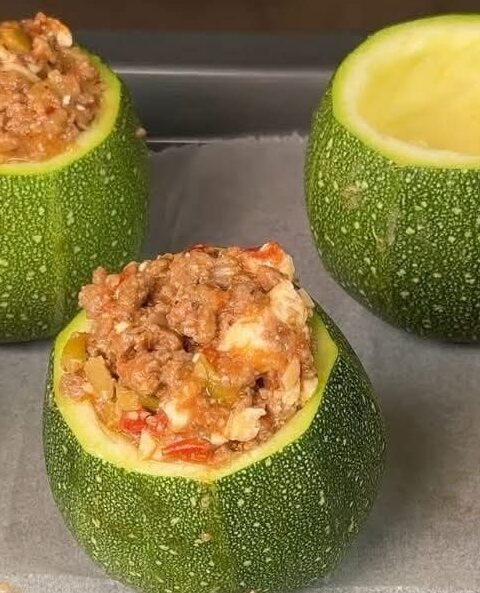Growing lettuce indoors is a simple, rewarding, and cost-effective way to enjoy fresh greens year-round. Whether you have a small apartment or a large kitchen, lettuce can thrive indoors with minimal effort. Follow this step-by-step guide to start your own indoor lettuce garden!
—
1. Choose the Right Lettuce Variety 🥬
Selecting the right type of lettuce is crucial for successful indoor growth. Consider these varieties:
✅ Leaf Lettuce (Loose Leaf, Romaine, Butterhead) – Grows quickly and allows for multiple harvests.
✅ Cut-and-Come-Again Varieties – You can harvest multiple times from the same plant by cutting leaves instead of uprooting the entire head.
📌 Tip: Avoid heading lettuces like Iceberg, as they require more time and space to grow.
—
2. Set Up Your Growing Space 🌿
Lettuce grows well in shallow containers, making it perfect for indoor setups. Here’s what you’ll need:
🪴 Containers: Use pots that are 2–4 inches deep with drainage holes.
🌱 Soil: A lightweight, nutrient-rich potting mix with added compost works best.
💧 Drainage: Ensure your containers drain well to prevent root rot.
📌 Tip: You can reuse plastic containers, seed trays, or even mason jars with proper drainage.
—
3. Plant the Seeds 🌾
1️⃣ Sprinkle seeds evenly over the soil.
2️⃣ Cover lightly with ¼ inch of soil.
3️⃣ Water gently using a spray bottle to moisten the soil.
4️⃣ Keep the soil consistently damp but not waterlogged.
📌 Tip: Lettuce seeds germinate in 5–10 days, so be patient!
—
4. Provide Optimal Growing Conditions 🌞💦
Lettuce thrives in specific conditions. Maintain these for healthy growth:
☀️ Light: Place near a sunny window (at least 6–8 hours of sunlight per day). If natural light is insufficient, use grow lights for 12–14 hours daily.
🌡 Temperature: Keep the room between 60°F–70°F (15°C–21°C) for optimal growth.
💧 Watering: Keep the soil moist but not soggy. Water when the topsoil feels dry.
📌 Tip: Rotate your container every few days to ensure even growth.
—
5. Fertilize for Healthy Growth 🌱
Lettuce doesn’t need much fertilizer, but a small boost helps:
✅ Use diluted liquid fertilizer (half-strength) every two weeks.
✅ Compost tea is a great organic alternative to chemical fertilizers.
📌 Tip: Too much fertilizer can make the leaves bitter, so don’t overdo it!
—
6. Harvest Your Lettuce 🌿✂️
Lettuce grows fast, and you can harvest in as little as 3–4 weeks!
🔹 For Baby Greens: Snip leaves once they’re 3–4 inches tall.
🔹 For Full Heads: Harvest the entire plant after 6–8 weeks.
📌 Tip: Use scissors to cut leaves rather than pulling them to avoid damaging the roots.
—
7. Extend the Harvest 🌱🔁
You can keep growing fresh lettuce continuously using these methods:
🔄 Succession Planting: Sow new seeds every two weeks for a continuous supply.
♻️ Regrow from Scraps: Place the base of a harvested lettuce in water, and it will grow new leaves!
📌 Tip: Once new roots form in water, transfer the lettuce back to the soil.
—
8. Handle Pests and Mold Naturally 🦟🍃
Even indoor plants can face pests and mold. Here’s how to prevent them:
🐛 Pests: Use neem oil or a mild soap solution to repel aphids.
🌬 Mold Prevention: Ensure proper airflow by keeping plants spaced apart.
📌 Tip: If you notice yellowing leaves, reduce watering and check drainage.
—
Final Thoughts: Fresh Lettuce Year-Round! 🥗
Growing lettuce indoors is an easy and sustainable way to enjoy fresh, organic greens. With just a little care, you can harvest crisp, flavorful lettuce anytime—without stepping outside!
🌱 Start today and enjoy homegrown lettuce in your meals!
💡 Have you tried growing lettuce indoors? Share your experience in the comments!






